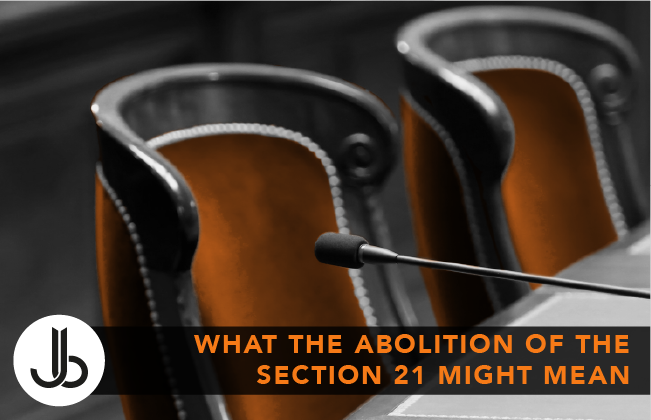

One of the proposed changes by the current government that may have a significant impact on landlords is the abolition of Section 21.
Section 21 of the Housing Act 1988 allows landlords to evict tenants without a reason, commonly known as a “no-fault eviction.” The current government has proposed to abolish Section 21, which would mean that landlords would have to have a valid reason to evict their tenants.
If the abolition of Section 21 is introduced, it would have the following effects on landlords:
- Longer notice periods for evictions: With the abolition of Section 21, landlords would have to give their tenants a longer notice period before evicting them. The proposed notice period is expected to be at least six months.
- Limited reasons for eviction: If Section 21 is abolished, landlords would only be able to evict their tenants for certain reasons, such as rent arrears or breach of tenancy agreement. This would make it more difficult for landlords to evict their tenants without a valid reason.
- Increased tenant protection: Abolishing Section 21 would increase tenant protection, providing tenants with greater security and reducing the risk of unfair evictions.
- More disputes and legal proceedings: With the removal of no-fault evictions, tenants may be more likely to challenge eviction notices. This could lead to an increase in disputes and legal proceedings, which may be costly and time-consuming for landlords.
- Impact on rental market: The proposed changes may have an impact on the rental market, with longer notice periods and limited reasons for eviction potentially leading to a more stable and predictable rental market.
The Current Position
The current government position on the abolition of Section 21 is that it is committed to bringing forward legislation to abolish Section 21 as soon as possible. The government believes that abolishing Section 21 will provide tenants with greater security and stability in the rental market, as well as reducing the risk of unfair evictions.
As of yet, a date hasn’t been announced for the bill to reach parliament, with its original deadline pushed back due to Covid-19. It was announced in the Queen’s Speech in May 2022 that the government is committed to bringing forward legislation to abolish Section 21 during the 2022/23 parliamentary session, which will end in April or May 2023.
However, in February 2023, a Conservative government representative in the House of Lords, Baroness Scott of Bybrook, explained that it remains a priority of the government to end ‘no fault’ evictions “in this parliament”, which can run until December 2024.
Some landlords have expressed concerns that the abolition of Section 21 could make it more difficult for them to manage their properties effectively. They argue that they need the ability to evict tenants without a reason in certain circumstances, such as when they need to sell the property or make significant renovations.
To prepare for the potential abolition of Section 21, landlords may wish to consider the following tips:
- Keep good records: It is important for landlords to keep good records of all communications with tenants and any issues that arise during the tenancy. This can be useful in the event of any disputes.
- Have a clear tenancy agreement: Having a clear tenancy agreement can help to avoid disputes and ensure that both parties understand their rights and obligations.
- Seek legal advice: Landlords should seek legal advice if they are unsure about their legal obligations or how to proceed with an eviction.
- Communicate with tenants: Good communication with tenants can help to avoid disputes and ensure that they are aware of any changes to the tenancy agreement.
- Plan ahead: With the potential for longer notice periods, landlords should plan ahead and give tenants sufficient notice if they intend to end the tenancy.
How to get help
If you are a landlord or tenant and are facing issues with the current eviction process, please contact a member of our team for a chat on 0151 637 2034, email info@johnsonandboon.co.uk or use the contact us form on our website.
